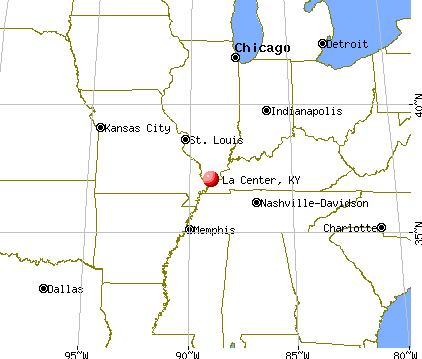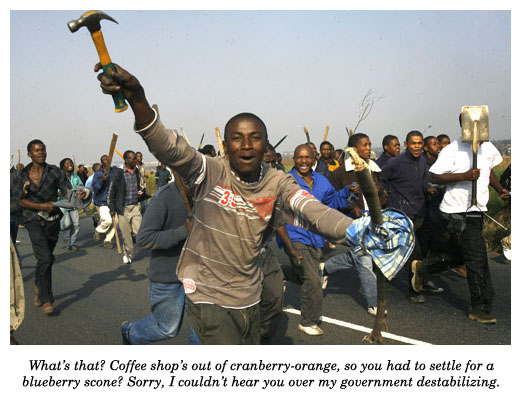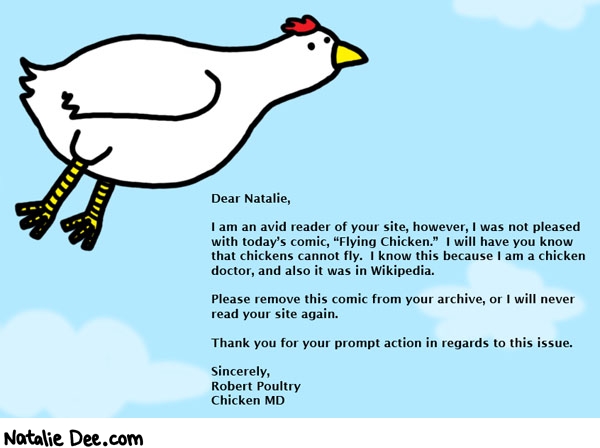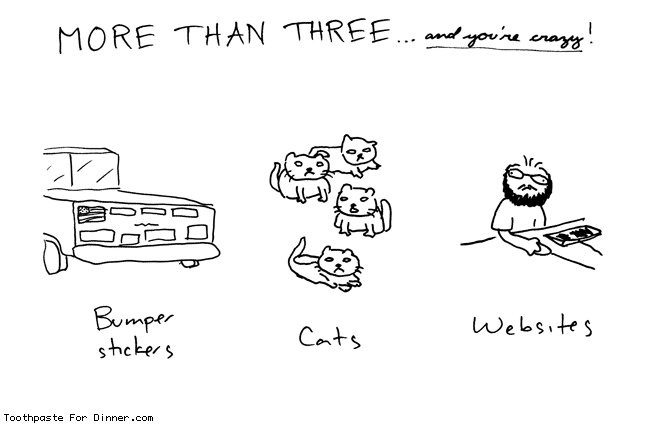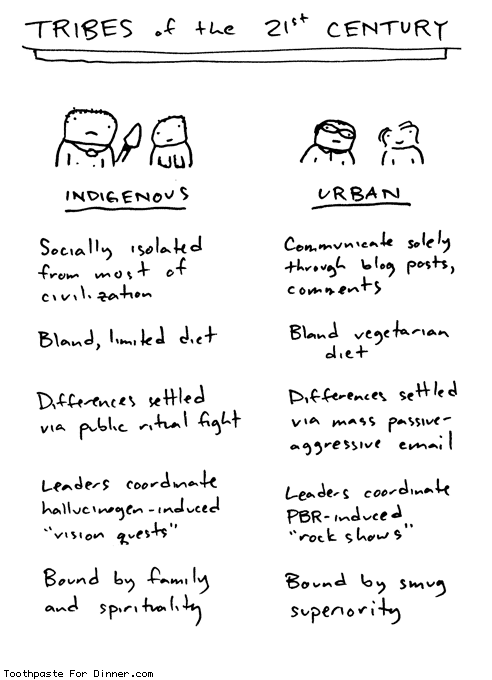An addendum from Hannah herself:
Just to clarify, the reason I can't say I have been to Palestine is that Syria does not allow people with Israeli stamps in their passport to enter Syria, and since Israel occupies and controls the borders of the West Bank, there is no distinction in a passport stamp between going to Israel and going to the West Bank.
Sorry for the misrepresentation!
3. Gender. My hair is short. In Palestine, this often causes people to do a double take, or even sometimes to assume at first glance that I'm a man but to change their minds once I give a subtle cough (I do this sometimes when I know that men who are sitting next to me assume that I'm a man, because there is generally far less personal space between men in the Arab world than in the US and far more between men and women). Now, in Syria, I find that people don't even look twice. I am almost consistently perceived as a man – and usually a Syrian man. Incredibly, I've found that even when I speak people often do not change this assumption (if I speak more than a few words, of course, they'll hear my accent and figure out I'm not Syrian, but will still often think I'm a man). It's interesting in many ways, but in such a gendered society it can also be awkward, like when the driver of a shared taxi orders me to squeeze in the front with him and another guy in order to let women get into the body of the car. Or when a man giving me directions puts his arm around me to push me in the right direction, something he clearly would not have done if he thought I was a woman. So I have to decide on a pretty constant basis whether to try to keep passing as male or to make my gender clear…
